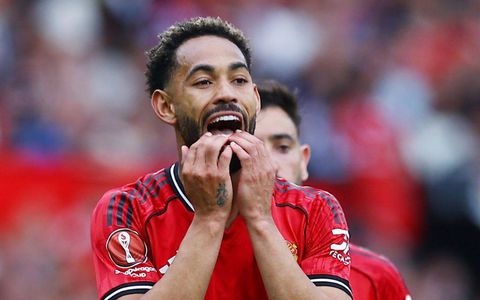After a disastrous 15th-place finish last season, Manchester United enter the 2025-26 campaign in full rebuild mode under Ruben Amorim. The Portuguese coach, who arrived midway through last season, now has the benefit of a full pre-season and no European distractions to implement his ideas.
United’s attacking woes were glaring last year, with just 44 goals in 38 league games. To address this, the club invested heavily in a new forward line. Matheus Cunha and Bryan Mbeumo have been brought in for a combined £130m to add creativity and goals, while Benjamin Sesko arrives from RB Leipzig for £73.3m to spearhead the attack. This trio will carry much of the responsibility for transforming United’s blunt attack.
Home form is another urgent area of improvement. Winning only seven of 19 league matches at Old Trafford was unacceptable for a club of United’s stature. Their opening fixture against Arsenal will serve as an early test of Amorim’s progress.
Amorim is known for his preference for a 3-4-3 system, but last season’s squad lacked the technical quality to execute it effectively. He has already moved on players who were unwilling or unable to adapt, keeping those with the mentality he values. While a complete overhaul was financially unfeasible, the manager may still have to adjust his tactics if results falter early on.
Off the pitch, the club faces unrest. Cost-cutting measures, redundancies, and ticket price hikes have frustrated fans and staff alike. The absence of European football will also impact revenue, though the promise of a new stadium is being used as a rallying point for the future.
Among the new arrivals, Cunha stands out as the marquee signing. A technically gifted forward with flair and creativity, he can unlock defences but must keep his discipline in check after suspensions marred his previous campaign. Youngster Chido Obi could also play a significant role this season, offering energy and potential as backup to Sesko.
Kobbie Mainoo faces a defining year. Once considered a central figure for the future, he must adapt to Amorim’s demands or risk being sidelined. United’s success will depend on whether these changes can finally end the decline and put them back on a competitive path.

